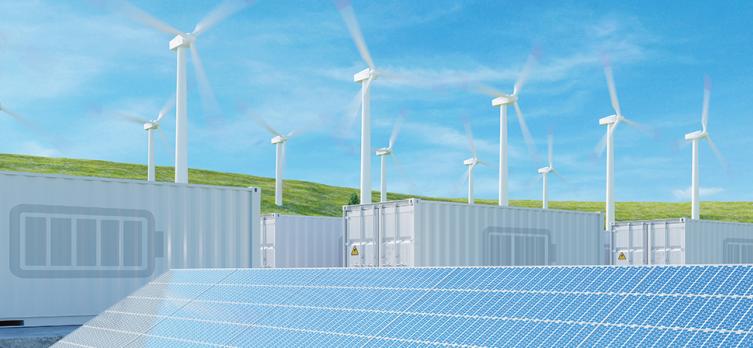Events

By connecting stakeholders and sharing experiences in deploying energy storage, the Energy Storage Partnership (ESP) helps bring new technological and regulatory solutions to developing countries, as well as help develop new business models that leverage the full range of services that storage can provide.
ESP’s Approach
The ESP takes a holistic, technology-neutral approach by looking at all forms of energy storage, including but not limited to batteries. By developing and adapting new storage solutions to the needs of developing countries, the ESP will help expand the global market for energy storage, leading to technology improvements and accelerating cost reductions over time.
Objective of the event
The Energy Storage Partnership (ESP) held its 6th Forum December 7-9, 2021. The forum gathered more than 200 stakeholders and partners from the private sector, World Bank client country representatives, and ESP Partners to learn about ESP’s recent achievements, ongoing work, and on what’s to come. Participants learned about the experience of developing countries in their energy storage journey, and about the latest on energy storage technologies.
Throughout the forum, ESP stakeholders and partners deliberated on and assessed the progress being made towards achieving its objectives: building capacity and generating knowledge products to facilitate the scaling-up of sustainable energy storage investments in developing countries. In the past year, ESP’s work program has been focused on testing, training, and capacity building, producing three World Bank/ESMAP main publications, and the development of the Sizing Application tool. In addition, the ESP secretariat alongside India, Morocco, and South Africa have been advancing the implementation of the Global Network of Energy Storage Testbeds (NESTs) Initiative.
The ESMAP Practice Manager, Gabriela Elizondo Azuela gave the opening remarks and welcomed participants on Day 1 of the open forum. Gabriela also highlighted the developments in Energy Storage globally, especially since COP26, underscoring the importance of the ESP. Chandrasekar Govindarajalu, Lead Energy Specialist updated participants on the Energy Storage Program and the progress on the Battery Storage Investment Program. Juliet Pumpuni, Senior Energy Specialist and Lead of the ESP provided updates on the ESP working groups.
The secretariat also announced the addition of five new partners since the last ESP meeting - ASEAN, US Department of Energy, Drexel University, GWNET, and PNNL bringing the total number of Partners to 41.
The event concluded with presentations delivered by World Bank clients on the implementation of energy storage projects in developing countries such as that of the Marshall Islands and Zanzibar. In addition, there were four presentations around leading innovations on energy storage technologies: Eaton Industries Manufacturing GmbH (Second-Life Batteries), Ambri (Liquid Metal Batteries), Form Energy (Iron-Air Batteries), and the California Energy Commission (on their investments in ground-breaking energy storage technologies).
ENTATIONS | RECORDINGS
|
December 7, 2021 | ESP Stakeholder Forum (stakeholders and partners) |
Gabriela Elizondo Azuela, Practice Manager, ESMAP, World Bank.
Chandrasekar Govindarajalu, Lead Energy Specialist, ESMAP, World Bank. |
|
Developing country experiences in scaling up energy storage, presentations followed by Q&A Presentations on opportunities and challenges for energy storage deployment in developing countries.
|
|
Progress of Energy Storage Partnership (ESP) and ESP Stakeholder Updates
|
|
Energy storage technology updates, presentations followed by Q&A Presentations on new projects and technology updates on energy storage, and its applicability to developing countries.
|
|
Stakeholder Feedback |
|
Closing remarks by the World Bank |
CONTACT: Juliet Pumpuni | esmap@worldbank.org